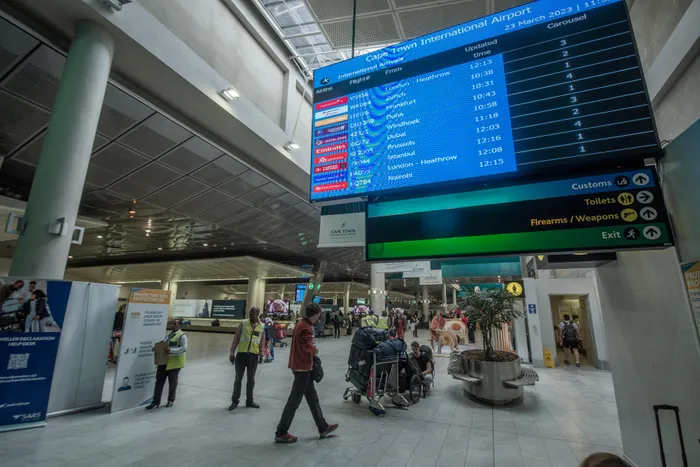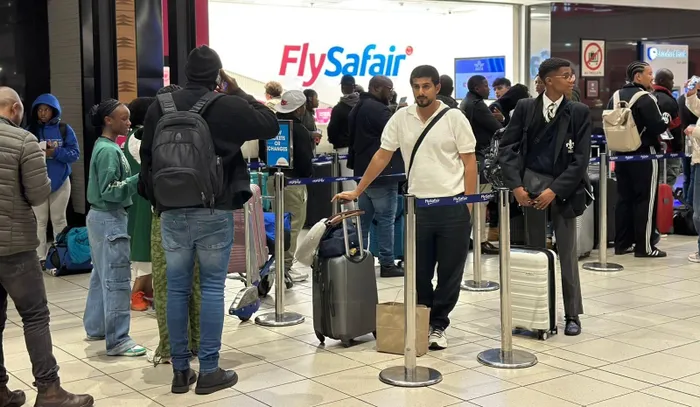Acsa's R21.7 billion investment: a game-changer for South African airports

Cape Town International Airport is set to be at the forefront of a tech upgrade.
Image: Armand Hough.
Airports Company South Africa (Acsa) has announced its plans to spend over R20 billion on our airports over the next five years.
The planned spend of R21.7 billion will be used to improve and modernise airports, focusing on new technology and better passenger experiences.
Acsa recently shared its financial results for the year ending on March 31, showing a record net profit of R1.1 billion. This is more than double the profit of R472 million from the previous year, and the company has also seen a 13% growth in revenue, reaching R7.9 billion.
Acsa runs some of South Africa's busiest airports, including OR Tambo International Airport in Johannesburg, King Shaka International Airport in Durban and Cape Town International Airport.
The report revealed that during the 2024/25 financial year, Acsa transported 9.5 billion passengers globally, 4% above pre-Covid-19 levels, and handled 230 000 landings, reaching 92% of pre-Covid levels, with Cape Town surpassing pre-pandemic volumes by 112% and OR Tambo at 95%.

New technology will help the boarding process and reduce waiting times.
Image: Jonisayi Maromo/IOL
Mpumi Mpofu, Acsa CEO, explained that alongside these impressive financial results, the organisation is now focusing on using technology to solve any operational issues that have arisen in the past.
One of the key projects will be at OR Tambo International and Cape Town International, aiming to improve how passengers move through the airport and reduce any delays.
Among the proposed changes are the introduction of biometric systems enabling passengers to use fingerprints or facial recognition instead of traditional boarding passes.
In addition, Acsa will partner with research organisations to find innovative ways to improve airport services.
"Our performance this year has been a story of contrasts: strong financial delivery on one hand, and operational headwinds on the other. It has demanded from us commercial discipline, executional rigour, and also humility and renewed accountability," said Mpofu.

Mpumi Mpofu, CEO of ACSA.
Image: File.
She added: "While these challenges were significant, they taught us valuable lessons to focus on preventative maintenance and avoid service disruptions for our stakeholders, the airlines and passengers.
"This we will achieve through continuous improvement, targeted infrastructure investment and enhanced operational readiness and customer experience."
Acsa’s revenue growth shows that nearly half of its earnings now come from non-airport services such as shopping and dining at the airports.
The company's strong financial management has also enabled it to maintain a solid balance sheet, showing total assets of R32 billion.
"Our financial results are not only a testament to the resilience of Acsa, but also a reflection of South Africa’s broader aviation recovery. With a clear strategy to 'innovate, grow and sustain', we are well-positioned to support national priorities and foster economic growth in trade and tourism through a modernised aviation sector.
"As a state-owned company, Acsa carries a multi-faceted mandate: to enable trade and tourism, ensure safe and efficient air travel, and support South Africa’s broader economic development and global connectivity.
"Acsa will continue to build on this momentum, deploying advanced systems, embracing renewable energy solutions and aligning with South Africa’s just energy transition," she ended.
Related Topics: